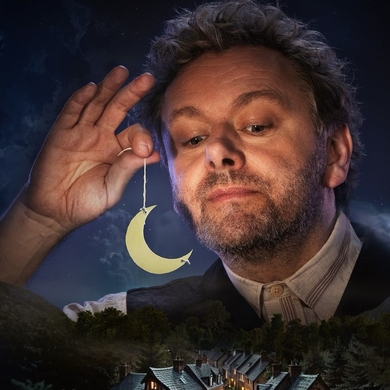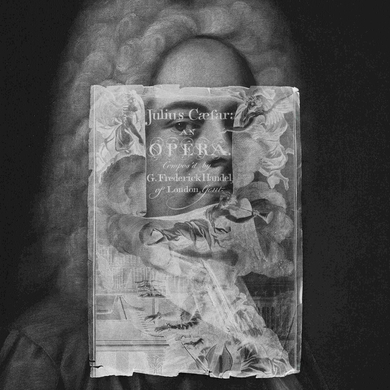The good citizens of the ancient city of Parma consider Giuseppe Verdi one of their own, and it’s easy to understand why. Le Roncole, the village where he was born, is just 20 miles away. In the composer’s, they’ve established the Instituto Nazionale di Studi Verdiani, with worldwide academic affiliations. Of greater popular interest is the annual Verdi Festival, with mainstage performances mainly at the regal Teatro Regio. Audiences there plume themselves on their severity. No matter how great one’s reputation elsewhere, every new face is in for a trial by fire; ace the debut or be damned. Perhaps unsurprisingly, production values are archconservative, not to say provincial. The warhorses look like the warhorses here, but there’s also an appetite for lesser works and unusual performing editions. This year brings Un Ballo in Maschera in its increasingly popular Swedish, rather than pre-Revolutionary Bostonian, guise. But the white elephant par excellence is the French-language Macbeth, ginned up for Paris two decades after the work’s Italian premiere. As was their wont, the French impresarios insisted on a ballet that the Italians of Verdi’s day and our contemporaries everywhere consider dispensable, in this case a danse macabre for a coven of witches. Other of Verdi’s interpolations for Paris, however, made their way into the “definitive” edition. One of these is Lady Macbeth’s spellbinding new aria ”La luce langue”; another is the heart-rendingly revised Scottish fugitives’ chorus ”Patria oppressa.” To the dyed-in-the-wool Verdi aficionado, nothing about these passages will come as a surprise except the music of the French words—and since Verdi wrote the lyric for Lady M’s aria himself, in Italian, that’s kind of a red herring. —Matthew Gurewitsch
Arts Intel Report
Festival Verdi 24
When
Sept 21 – Oct 20, 2024
Where
Str. Giuseppe Garibaldi, 16/a, 43121 Parma PR, Italy



